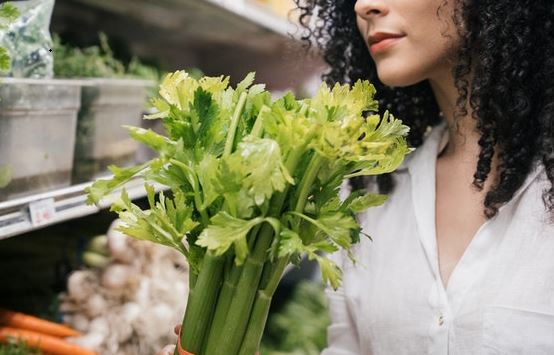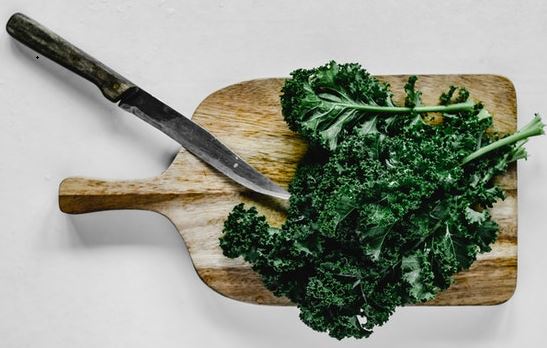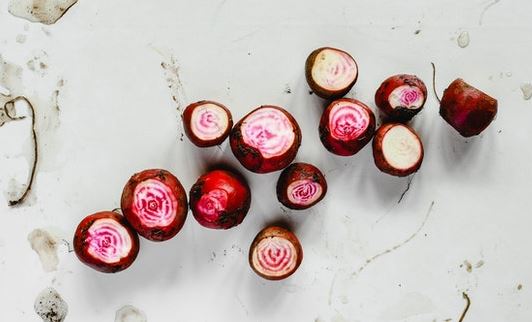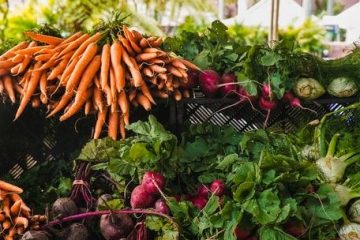To help prevent and relieve constipation, make sure to include plenty of vegetables in your diet that are high in fiber and healthy fats. Here are 7 best vegetables that help constipation and keep your digestive system running smoothly.
Table of Contents
7 Best Vegetables That Help Constipation
Broccoli
Studies have shown that broccoli is one of several healthy vegetables to avoid constipation. Rich in fiber, particularly indigestible carbohydrate and dietary fiber, broccoli helps prevent constipation by softening stools.
The vegetable has also been shown to help clear toxins from your body. Studies suggest it also protects against cancer and may be good for heart health too.
Make a meal of raw or lightly cooked broccoli; eat small amounts of fresh or steamed greens, enjoy an occasional side dish with cheese sauce, toss with pasta—and get at least three servings per week (one serving = one cup).
As a bonus: Cooked broccoli is tasty mixed with onions and garlic in a stir-fry, mixed into mashed potatoes or served over rice as a delicious side dish.
Celery
Celery is high in fiber, and is one of the best vegetables that help constipation. In fact, one cup of chopped celery provides 2.7 grams of fiber—that’s about 12 percent of your daily value.
Most vegetables are also great sources of insoluble and soluble fiber: for example, 2 cups of broccoli contain 3.2 grams and 1 cup of spinach contains 3 grams, respectively.

Carrot
These vegetables are a great source of fiber and vitamin A. As it turns out, carrots are one of few vegetables that help constipation because they contain very high levels of dietary fiber.
The main reason is because they have a very high level of pectin, which is an important type of soluble fiber found in fruits and vegetables. Pectin helps keep things moving through your digestive tract by absorbing water and forming a gel which softens your stool, which makes it easier to pass.
In fact, eating just two ounces (about 60 grams) per day could make you regular within three days! This is especially good news for women who suffer from constipation during menstruation due to their lower intake of foods rich in dietary fiber.
Fennel
Fennel has a high water content and is known to ease digestion. Not only is it considered a vegetable to avoid constipation, but it also aids in bowel regularity.
Fennel contains fiber which will help to cleanse your digestive tract and help you eliminate waste as well as improve your overall health. It also helps lower cholesterol and reduces inflammation of other organs in your body due to its antioxidant properties.
Adding fennel seeds or fresh pieces of fennel into soups and stews are great ways to incorporate them into your meals; you can even snack on fennel raw for some crunchy goodness!
Kale
One of many foods classified as a superfood, kale has earned its reputation for good reason. It’s extremely low in calories and carbohydrates, making it an excellent choice for those who need to lose weight or maintain a healthy weight.
What makes kale even more appealing is its rich supply of vitamins and minerals, including iron, calcium, vitamin A and vitamin C. Kale can be eaten raw or cooked into soups and stir-fry dishes, providing some much-needed variety in any diet. Kale is also great in juices due to its high concentration of nutrients.

Parsley
Parsley is a good source of fiber, which helps prevent constipation. People who eat a lot of fiber typically have less constipation than those who do not. Adding more fiber to your diet can also help with other digestive issues, such as hemorrhoids and irritable bowel syndrome (IBS).
When you add more fiber to your diet, gradually increase your intake over time; otherwise, you may experience gas and bloating. It’s recommended that men aim for 38 grams of fiber per day and women aim for 25 grams per day.
Men under 50 should consume 30 to 35 grams per day, while women under 50 should consume 21 to 25 grams per day. Aiming for 5-10 grams more will help ensure that you are meeting your daily goal.
Beetroot
Beetroot is an excellent source of fibre and is one of the best vegetables that help constipation. Having more fibre in your diet can help with constipation. Also, adding beetroot to your diet has been shown to improve blood pressure and lower blood sugar levels.
Beetroot also contains nitrates which are great for improving brain function and lowering stress levels. Make sure you cook beetroot as over-cooking it can cause problems for people with sensitive stomachs.
Go ahead and try it in a salad, soup or stir fry! It’s also a really lovely color so you don’t have to hide it under lots of other veggies.

Thanks for visiting my Weight Loss & Fitness Blog.
Disclaimer: “As an Amazon Associate I earn from qualifying purchases.”


